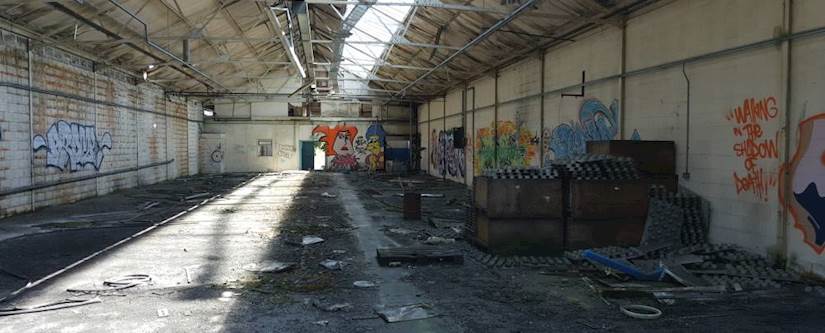
Brownfield constraints and the benefits of identifying them
We’ve been working with our sister company RemTech to develop 'brownfield constraint costs' for a garage site local to us in Cambridge. This work is to inform the vendor before they bring the site to market for residential development, so that we can define early on what is a reasonable cost to 'chip' off the land value for brownfield constraint – in other words what would need to be spent over and above if the site was greenfield.
To be honest, we spend more time on the other side of this particular fence, so it has been an interesting process to take a step back and consider all the things we would do if we were working for a residential developer and establish what extra data could be obtained for the sales pack rather than allow purchasers to ‘take a view’ with a risk based offer.
This sort of constraint identification is generally a useful thing to do both as an early expectation management exercise for the vendor (and their agents), but importantly the vendor gets to take some control of that part of the sale negotiation. Bear in mind another version of this exercise where the developer tots up all the problems and constraints and then tries to explain that there’s so little value the vendor is actually going owe them money … not on our watch!
Doing this also offers up the opportunity for us to highlight where there is value in doing more work (and where there isn’t) to refine our recommendations / associated costs prediction, particularly with respect to materials management and waste classification. Brownfield costs are not just in delivering a remedial recommendation, they are also in the added cost of carting away the arisings from reduced level digs, foundations, drainage runs etc.
The combination of EPS as practically minded consultants and RemTech as collaborative remedial contractor is pretty much a perfect combination to support our clients in these situations. If you’d like to find out more about anything discussed above, please get in touch with Will Evans in the first instance.